Materials for Fuel Cells
A fuel cell is an electrochemical device that converts the chemical energy of a reaction (between fuel and oxidant) directly into electricity. Given their efficiency and low emissions, fuel cells provide an important alternative to power produced from fossil fuels. A major challenge in their use is the need for better materials to make fuel cells cost-effective and more durable. This important book reviews developments in materials to fulfil the potential of fuel cells as a major power source.After introductory chapters on the key issues in fuel cell materials research, the book reviews the major types of fuel cell. These include alkaline fuel cells, polymer electrolyte fuel cells, direct methanol fuel cells, phosphoric acid fuel cells, molten carbonate fuel cells, solid oxide fuel cells and regenerative fuel cells. The book concludes with reviews of novel fuel cell materials, ways of analysing performance and issues affecting recyclability and life cycle assessment.With its distinguished editor and international team of contributors, Materials for fuel cells is a valuable reference for all those researching, manufacturing and using fuel cells in such areas as automotive engineering.Examines the key issues in fuel cell materials researchReviews the major types of fuel cells such as direct methanol and regenerative fuel cellsFurther chapters explore ways of analysing performance and issues affecting recyclability and life cycle assessment
{{comment.content}}
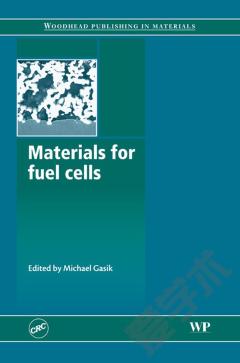
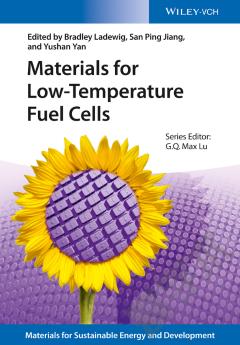
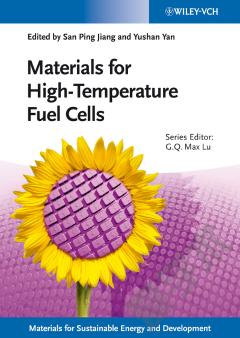
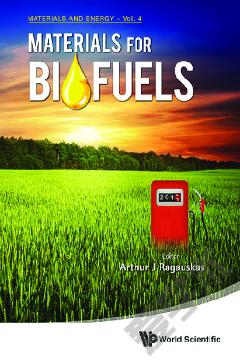


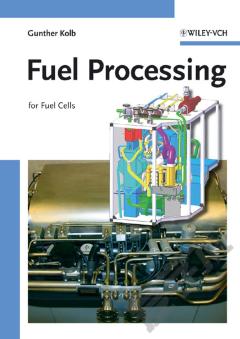

 京公网安备 11010802027623号
京公网安备 11010802027623号